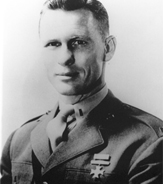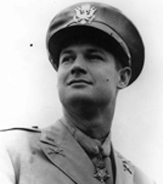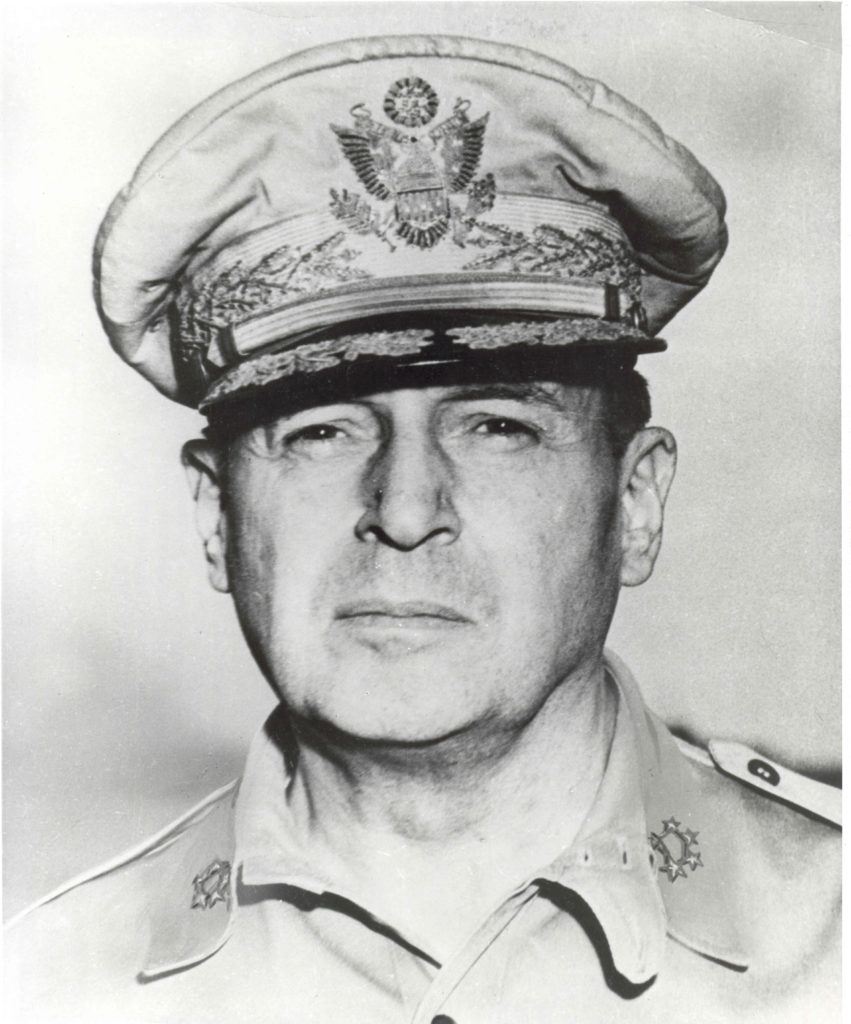A1C William Pitsenbarger: A Hero Who Will Live On Forever
Who is William Pitsenbarger? Son, best friend, partner, hero, role model, Medal of Honor Recipient -- these are just a few titles accurately describing the Air Force Pararescueman who sacrificed…




